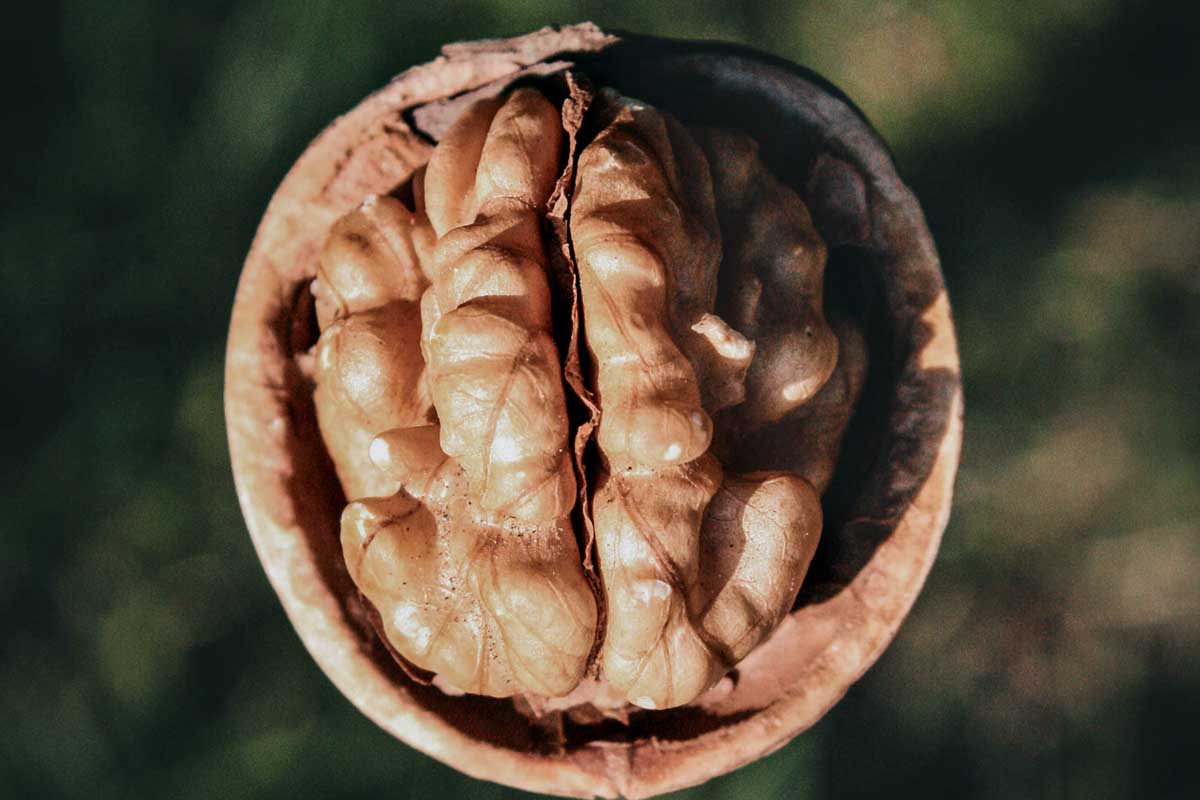Advertisement
Unravelling the Mysteries of Memory
Sharpen your brain with a deeper understanding
Fact-Checked
This article has been written and fact-checked by experts in the field.

Nearly half of us say we’re concerned about memory loss and declining brain health―despite the fact that dementia, cognitive decline, and similar brain health issues affect a much smaller group of people. These statistics reveal our common misunderstandings surrounding memory and invite us to explore the mystery of the brain and how we’re all empowered to keep our minds sharp, regardless of our age.
Advertisement
The building blocks of memory
Memory is both conscious and unconscious―when you’re learning a new skill, such as riding a bike or cooking a new recipe, you’re actively involved and thinking consciously about each action. If repeated enough times, this information moves into a more subconscious part of your brain where recall is more automatic.
“Information is initially received through our senses and encoded into the brain in various forms, such as visual, auditory, or semantic,” explains Dr. Judy Ho, PhD, a triple-board-certified and licensed clinical and forensic neuropsychologist. “Once encoded, information is stored in different areas of the brain,” such as your hippocampus.
“When needed, stored information is retrieved and brought back into conscious awareness,” she adds. Ho says the process is usually prompted by a cue, such as someone asking a question, seeing an object or photo, or experiencing a sensory event―such as smelling a specific scent―related to the past event.
Short-term versus long-term memory
“Short-term memory temporarily holds information from a few seconds to a few minutes,” says Ho. “Without active work to transfer this information into long-term memory, we’ll forget information. Long-term memory is more permanent, and this is the part responsible for remembering things we did yesterday or even our childhood memories.”
Advertisement
Stacking (and unstacking) the building blocks of memory
Researchers have found that many of us can recall moments from when we were just two years old.
“When you’re younger, signals within brain networks are segregated and very distinct,” says Dr. J. Carson Smith, a professor of brain health and cognitive motor neuroscience. “It’s what makes it so easy for young people to multitask. The lines begin to blur between our brain networks as we age; you start recruiting from other parts of the brain to help you do those same tasks. When that desegregation happens, that [begins the process of potential] future cognitive decline.”
Aging’s impact on cognition begins in our thirties, but we often see more significant changes in our sixties and beyond.
“Our memories are generally trustworthy, but there are diseases that can impair memory, such as Alzheimer’s,” explains physician-scientist Dr. Joseph Masdeu, MD, PhD, the director of the internationally renowned Nantz National Alzheimer Center in Texas.
“As you age, more and more information is stored and, therefore, retrieval may be slower,” Masdeu says. “In addition, many of the diseases that cause memory loss happen more frequently in advanced decades of life.”
How much of your brain do you really use?
Pop science and Hollywood blockbusters such as Limitless have popularized the idea that we only use 10 percent of our brains. That’s 100 percent not true.
“A common myth is that we use only a small portion of our brain,” says Masdeu. “Similarly, a fact that surprises many people is that older people actually remember much better things that happened many years ago, but they [struggle with] recent events. This happens because diseases that impair memory tend to affect the parts of the brain that contribute to [retaining] new information.”
Advertisement
Protect the building blocks of memory
Lifestyle remains the key factor for overall brain health and keeping your memory sharp.
Advertisement
Diet
“A healthy diet, such as the Mediterranean or the MIND diets, [may] help in the long run, but they have to be kept up on an ongoing basis for decades,” says Masdeu. These primarily plant-based diets emphasize whole grains, fresh produce, and fish.
Advertisement
Sleep
He also recommends sleep. During sleep, your body eliminates toxins and waste matter in your brain and gives your brain a chance to process and store new information. “Giving the body enough time to rest, usually seven to eight hours, is helpful,” Masdeu says. “Even lying down with your eyes closed helps rest the brain.”
Advertisement
Exercise
Then there’s exercise, which Smith says helps re-establish brain connections as you age and better enables your brain to encode information more effectively.
“After just one session of exercise, as simple as a brisk ride on a stationary bike, people are able to learn better, but we see improvements in many different functions,” says Smith. “People are faster and more accurate on testing, their executive functioning is improved, and they have improved memory recall. Exercise also protects people against cognitive decline due to aging.”
While the mysteries of memory may be new to some of us, it turns out the foundational principles of general health apply here too: eat healthy, practise restful self-care, and move your body as much as possible.
Supplements for memory support
“Starting from age 40, a daily multivitamin helps,” says Dr. Joseph Masdeu, MD, PhD. But don’t forget (pun intended) to try these other research-backed brain supplements.
Omega-3s
These healthy fats may help improve cognitive performance, including focus and memory at all stages of life, even in young adults.
Magnesium
Stress impairs memory. Magnesium is a potent stress-buster and has been shown to improve cognitive function and memory.
B12 vitamins
If you’re low on B12 vitamins, you may experience brain fog. One study found that vitamin B12 supplements significantly improved overall cognition, memory, and attention in those with low vitamin B12 levels.
This article was originally published in the July 2024 issue of alive magazine.





